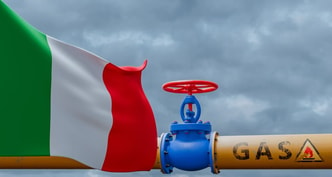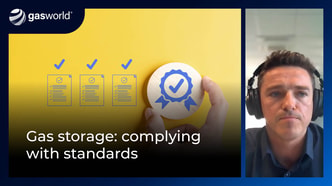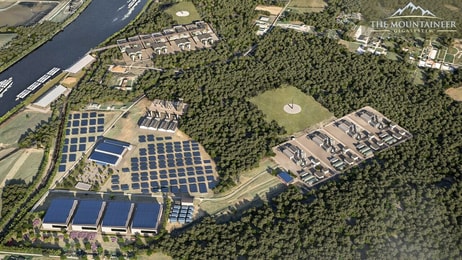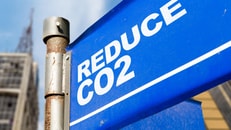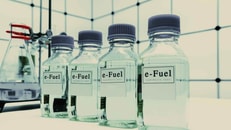UK backs Acorn and Viking CCS projects in Spending Review
The UK Government has formally announced its backing for two major carbon capture and storage (CCS) projects that could collectively capture and store over 15 million tonnes of carbon dioxide per year by 2030.
Announced today as part of the UK Spending Review, the Acorn CCS project in Aberdeenshire and the Viking project in Humberside have been selected to move forward under the government’s Track-2 carbon capture cluster process.
The decision confirms formal backing and opens the door to final negotiations on funding terms and deployment timelines, with £9.4bn allocated to support carbon capture, utilisation and storage and hydrogen projects over the coming years.
“We have always been clear that we support the Acorn project … we know what an important proposal it is,” said Energy Minister Sarah Jones.
... to continue reading you must be subscribed





